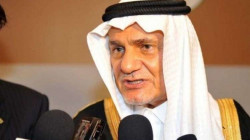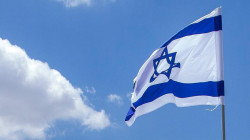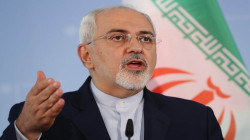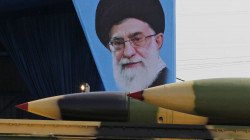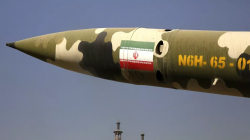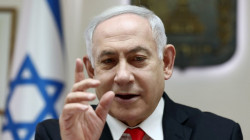How can Iran retaliate against Israel for Fakhrizadeh’ assassination?
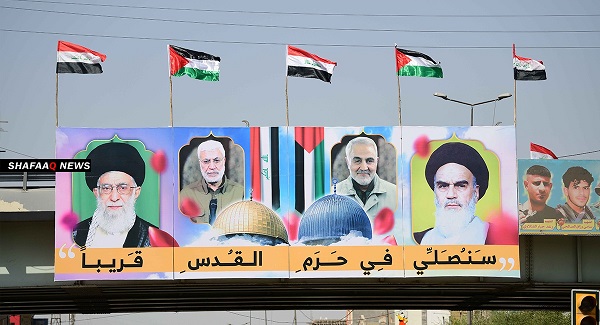
Shafaq News/ Jerusalem Post newspaper stated the possible scenarios that Iran could follow to respond to the killing of Mohsen Fakhrizadeh that had been named by Israel as a prime player in what it says is Iran’s nuclear weapons quest.
The newspaper said Esmail Ghaani; commander of the Quds Force of the IRGC declared that “The enemy is not manly enough to fight a battle with Iran directly. The demise of Israel is near and these are the last tantrums of Israel. Revenge for Fakhrizadeh’s blood is coming, and it will be with the solidarity of the Iranian forces with all their formations.”
Tasnim, a news website associated with the IRGC, asserted that Iran can hit any part of Israel from the depths of the country.... In addition to the missile option, the Islamic Republic has other opportunities ahead of it, including Iran’s presence near the borders of the occupied territories in Syria and Lebanon; too, Hezbollah is at its best as a powerful arm of the Islamic Republic.”
The Israeli newspaper also quoted Hossein Salami, commander-in-chief of the Islamic Revolutionary Guards Corps, saying, “revenge and severe punishment” for the perpetrators of the assassination “is on the agenda.”
The Iranian intention to seek retribution is clear. But what form is Iran’s response likely to take?
“Tehran possesses an extensive infrastructure of paramilitary client organizations across the Middle East, one or another of which might be activated to strike at Israel. Iran also has an extensive global network, with a long history of terror attacks on Israeli, Jewish and other targets. Retribution will almost certainly come from one or other of these possibilities. A conventional response from the Iranian state forces, which would amount to a declaration of war, is unlikely. Israeli and Jewish security structures are consequently in a state of high alert.” It added.
With regard to paramilitary infrastructures close to Israel’s borders, the newspaper confirmed that Hezbollah is the strongest despite it is today facing a complex political and economic situation in Lebanon.
“Hezbollah is no longer an unseen paramilitary client of Iran. Rather, it is a large political-military bureaucracy that dominates the Lebanese parliament and the process of government formation. Any act of violence emanating from this corner is certain to produce very heavy Israeli retribution, and there is a very visible and very extensive target bank,” The newspaper analyses.
“With regard to Syria, again, Iranian capabilities are extensive and well-documented. But Jerusalim Post concluded that recent events once more indicate that Israel has domination over the intelligence picture with regard to Syria, and extensive knowledge regarding Iranian moves.
“Similarly, Iran possesses an extensive structure of client militias in Iraq, and with missiles, including the Fateh-110 and Zulfiqar systems, which according to Reuters are deployed in the west of the country, Israel is within range. But again, the deployment in Iraq is intended for strategic purposes – to broaden Iran’s options for retaliation in the event of an all-out war or an attack on Iranian facilities in Iran itself, and to secure political domination of the Iraqi state for Iranian purposes.” It confirmed.
“two remaining areas from where the record suggests retaliation is more likely to come” the Ansar Allah/Houthi movement in Yemen, or the global IRGC/Hezbollah terror infrastructure.
According to Newspaper,The most likely route for Iran’s retaliation, however, remains the global terror network maintained by the IRGC in close cooperation with Hezbollah. The record shows that in the past, Iran has chosen this route in responding to the killings of senior officials of its own or of its proxies. Thus, Tehran responded to Israel’s killing of Hezbollah leader Abbas Musawi in 1992 by striking at the Israeli Embassy in Buenos Aires in the same year, and then at the AMIA community center in the same city in 1994.
Similarly, IRGC/ Hezbollah’s international networks have been mobilized in efforts to seek retribution for the killing of Hezbollah military mastermind Imad Mughniyeh in Damascus in 2008. Here, there have been a string of failures, and this killing remains an open matter for the movement.
The Newspaper concluded that political and strategic realities make the international terror track the most likely avenue for Iran’s revenge for Fakhrizadeh’s killing. Here too, however, political considerations apply. With a new, and probably more reconciliatory US administration about to take office, Iran may well judge it prudent to avoid any hasty response. The prospect of sanctions relief and the end of “maximum pressure” may be found to be enough to justify silence, for now.
